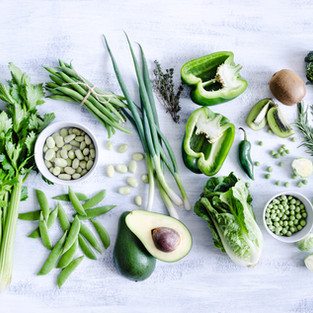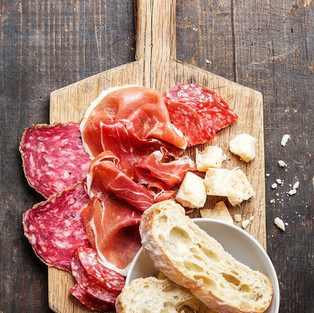We keep up with the Olympics, and I’m sure you are as interested in articles about what Olympic athletes eat! Remember when Michael Phelps claimed he was eating 12,000 calories a day! Your teen athlete may not be in the Olympics, but good nutrition is key to maintaining a strong and healthy body. Athletic performance is more than training and practice, it requires the right energy, vitamins, minerals and hydration!

Should my teen athlete be on a high protein diet?
High protein diets are very popular among athletes, both professional and amateur. Unlike adult athletes, a teenage body is still growing and developing. Assuming the diet of a professional adult athlete is safe for a teen athlete is not a good idea. In order to develop properly and perform at the highest athletic level, a teen athlete needs a balanced diet. The nutritional needs of a teen are different than an adult. Carbohydrates, proteins and fats all play an important role, so cutting one out completely can deprive the body of certain fuel sources.
Let’s talk about carbs!

Although they’ve been given a bad reputation, carbohydrates are one of the most important sources of energy for endurance and power. This is why you read about Olympic and professional athletes eating pasta or why some teams host a pasta night before a big tournament. Carbohydrates provide that endurance energy for sports and activities where your teen is performing a high intensity for a prolonged period of time. Carbohydrates are the most efficient fuel for energy production and critical to our central nervous system.
So what about protein?
Proteins are the darling of today’s diet books and blogs. Critical for the nutritional needs of teen athletes, proteins help the body build and repair new body tissue Proteins also provide amino acids to your muscles during a training session. They are critical to helping the body strengthen and repair itself. Protein is also important in the production of red blood cells, which help move oxygen around the body, and hormones, which we know are fluctuating in teens.
Bye, Bye Low Fat!
Fat has been attacked as a ‘bad’ fuel source for decades, but it is necessary for teen athletes! Fat provides energy for low intensity activity. Today we know there are plenty of good fats, which provide energy and fatty acids to the body. Fats help your body use vitamins, and are essential for your brain, nervous system and skin. Good fats, like monounsaturated fats, can be found in meats, nuts, avocados and whole milk.
Remember, eating like an Olympian means eating a well balanced, well rounded diet. If you have any questions about your teen athletes diet, speak with one of our pediatric orthopedic and sports injury professionals or consult a nutritionist.








